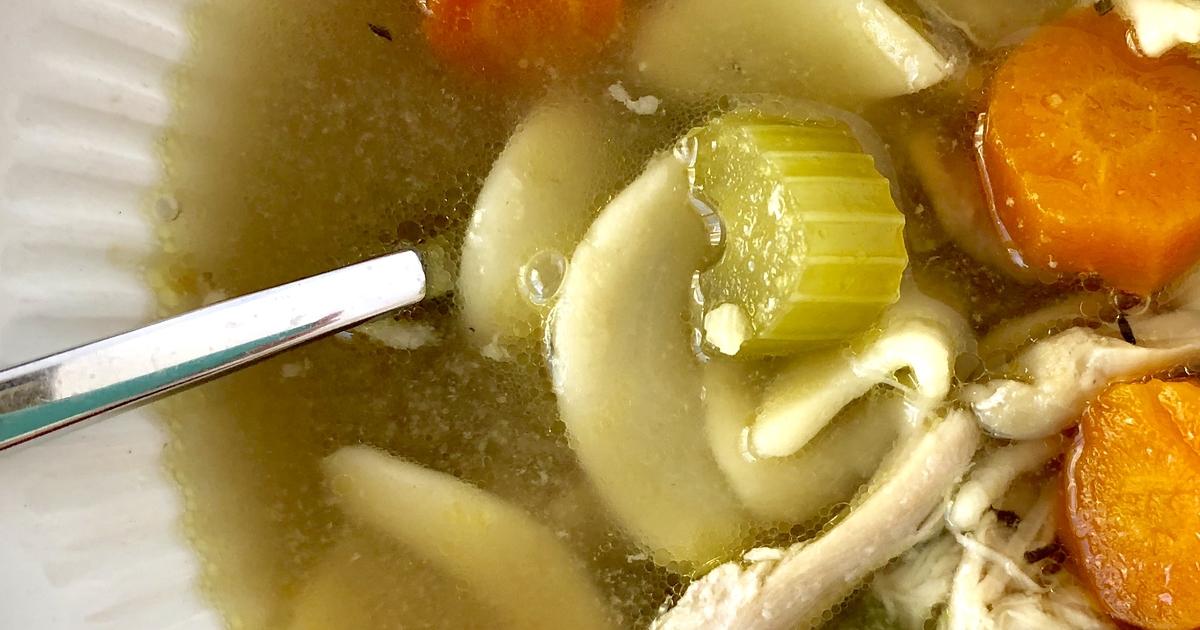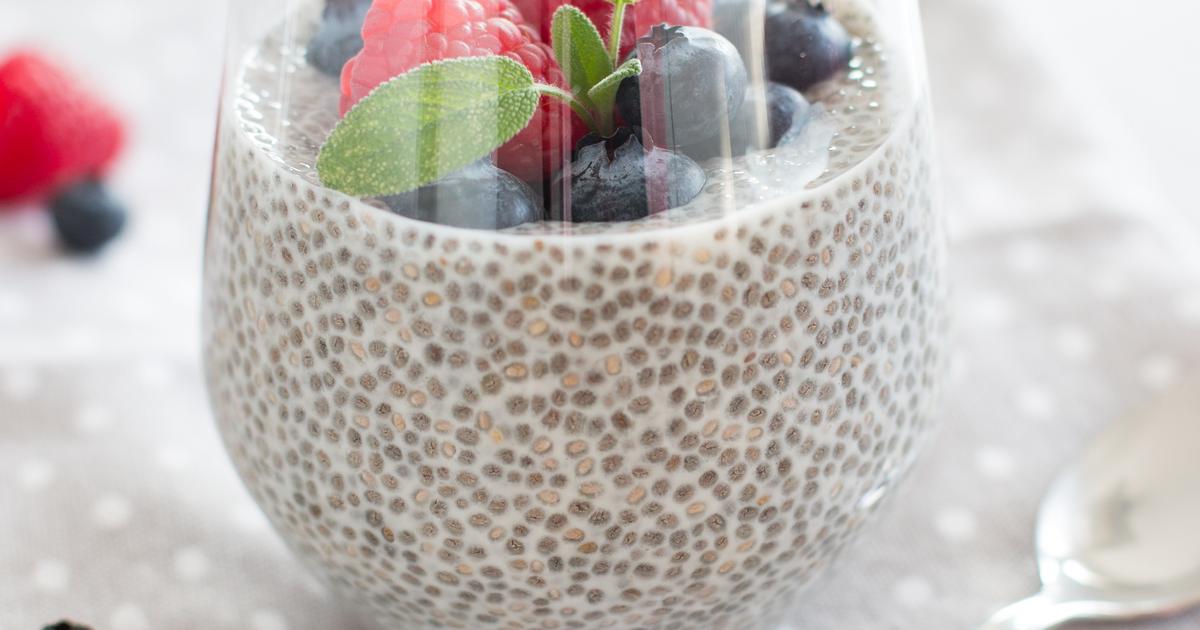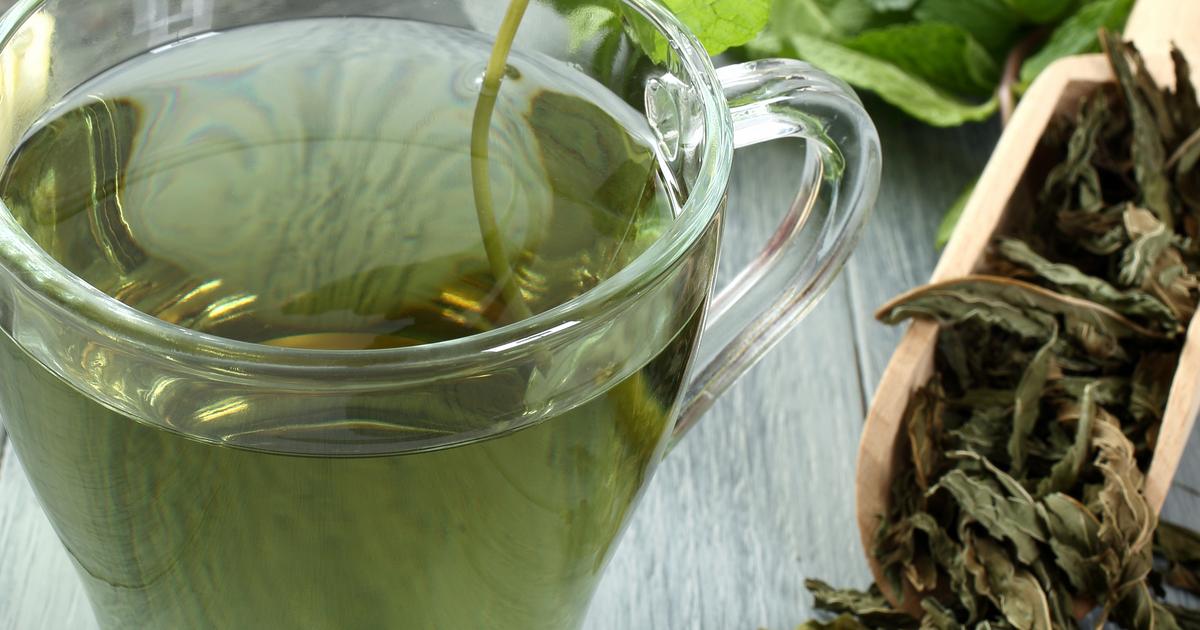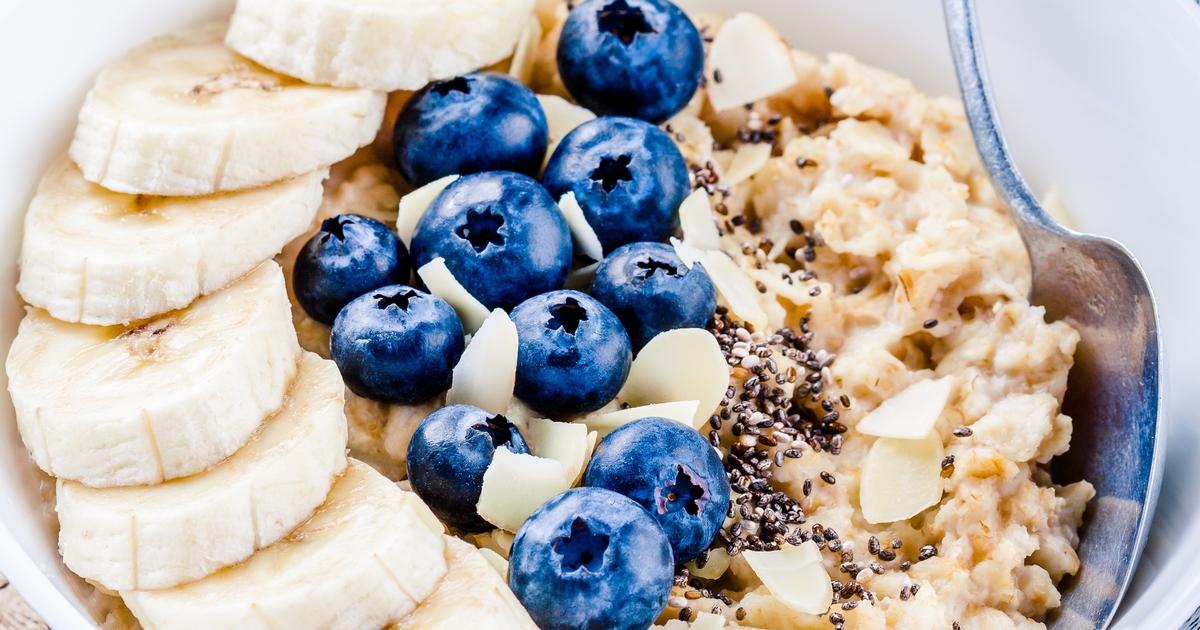How To Stay Hydrated Beyond Drinking Water
Water is necessary for the survival of the human body. Everyone needs to take in enough water and necessary minerals to regulate their body systems. When individuals become dehydrated, there are immediate effects on every part of the body. While mild dehydration usually doesn't cause serious problems, prolonged dehydration and dehydration in hot weather can lead to potentially life-threatening complications. Water is necessary for the regulation of body temperature, removal of waste, and joint lubrication. Different individuals require different amounts of water depending on their weight, level of activity, and other health-related factors. If individuals have trouble drinking water throughout the day, there are several additional ways they can ensure they get enough fluid. Learn about these now.
Eat Lots Of Fruits And Vegetables

Many individuals think of hydration as something only achieved through water, sports drinks, and other beverages. But this isn't the case. Individuals can get a good amount of their water intake from food. One way to increase one's water consumption is to eat lots of fruits and vegetables, which tend to be high in water content. As an additional bonus, they're natural, low in calories, high in fiber, and high in vitamins and other nutrients. Some fruits and vegetables even have a higher water content than others. Watermelon is made up of ninety-two percent water, which is where it gets its name. Strawberries have a ninety-one percent water content, cantaloupe boasts a ninety percent content, peaches have eighty-nine percent, oranges have eighty-eight percent, cucumbers have ninety-five percent, lettuce has ninety-six percent, and zucchini has ninety-four percent. Since these fruits and vegetables are mostly made up of water, they're a great way to provide hydration. Different foods have different nutritional content, but many of these are high in antioxidants and various important vitamins.
Eat Soup And Stew Regularly

Another way to help with hydration is to eat soup and stew regularly. There are hundreds of different kinds of stews and soups, and nearly every culture in the world has some traditional variations on these dishes. Those aiming for hydration should heat the food on the stove rather than in the microwave, as microwaves cause a great deal of water to evaporate. The water content in broth varies, but it's usually above ninety percent. Most broths have a water base. Another bonus of broths and soups is that these fluids often contain sodium. Though too much sodium can impact an individual's heart health, it's important to get some sodium if they want to stay hydrated. Sodium is an electrolyte that allows individuals to retain fluid rather than losing it through their urine. When individuals become dehydrated, their sodium levels drop. Low sodium can cause multiple problems throughout the body, including potentially life-threatening complications. To add more nutrition to soups and stews, individuals should use a lot of vegetables as well.
Try Chia Pudding

Chia pudding is a healthy snack many individuals recommend as an alternative to processed snack foods. It's appealing because the pudding can often be made with just three to five ingredients, so individuals don't have to do a lot of complicated shopping or buy expensive premade versions. Since individuals can make chia pudding at home, they also get their choice of how to sweeten it, so they can experiment until they find their favorite flavor. Chia pudding is traditionally made with chia seeds and milk. Once it is in the fridge, it settles like pudding, and can be eaten on its own or as a topping. Chia pudding has an advantage over other types of pudding when it comes to hydration. Chia seeds can absorb between ten and thirty times their size in water, so they expand in the stomach and make individuals feel fuller. They also slow down the body's conversion of carbohydrates, so individuals have more sustained energy. The absorption powers of the chia seeds help the body stay hydrated, since the water remains in the stomach rather than being flushed out. Some experts recommend eating chia seeds or pudding before exercising for sustained hydration.
Try Other Beverages

When individuals are thirsty, water is the best beverage for hydration. It's what the human body was built to consume. However, individuals can also hydrate by using other fluids, and it helps to try other beverages rather than not drink anything at all. Different beverages have different abilities to help with hydration. Many are surprised to learn coffee and tea can hydrate you almost as well as water. Because caffeine is a diuretic, there's a persistent misconception that these beverages cause dehydration. But tea and coffee are both mostly water, so they provide enough fluid to offset the diuretic effect. Other water-based hot drinks like hot chocolate and herbal tea can be hydrating. Researchers have discovered milk is also good for hydration, especially because it contains protein, calcium, and other body-regulating substances. Fruit juices also provide nutrients and electrolytes, which means they can sometimes hydrate better than water.
Consume Oatmeal In The Morning

One of the simplest ways to hydrate is to consume oatmeal in the morning. Breakfast is important to maintaining an individual's energy and regulating their digestive system. Oatmeal is a traditional favorite for breakfast because individuals can flavor it almost any way they want, and it's filling and hearty enough to get them through to lunch. Cooking oats expand, absorbing the milk or water being used to cook them. This allows the fluid to stay in the individual's system for longer instead of moving through it immediately. If individuals don't like warm breakfasts, overnight oats are another option. These are served cold, but still have the nutritional benefits from hot oatmeal. If individuals add chia seeds, they'll feel fuller and have even better hydration.
